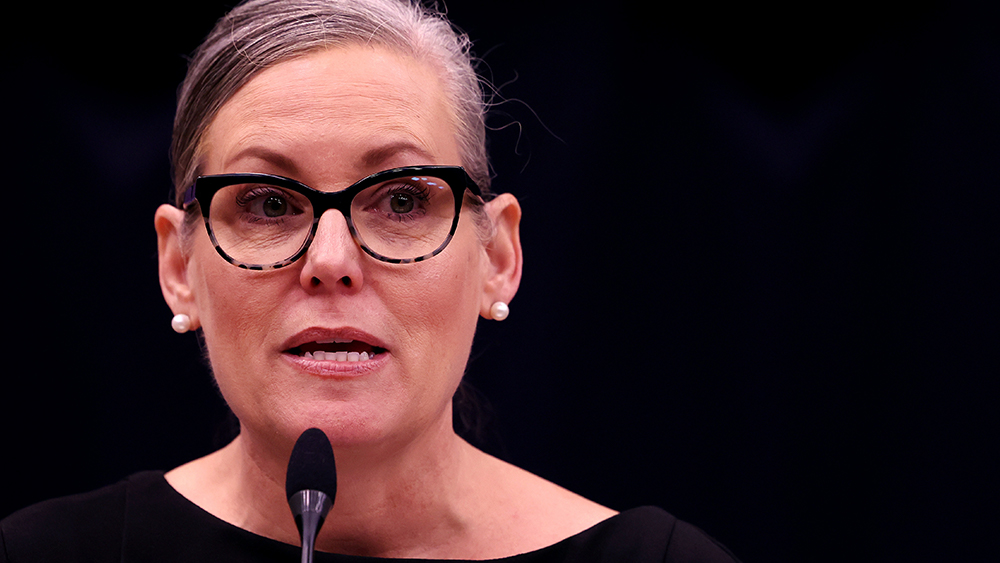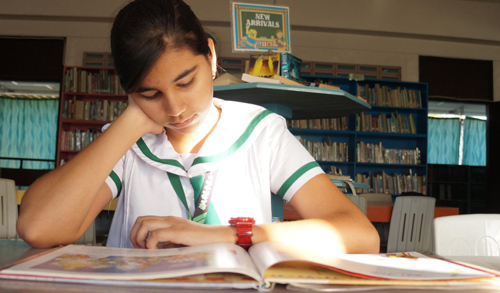IDIOCRACY BY DESIGN: Not a single student out of 53 Illinois high schools can do math at their own grade level
03/01/2023 / By Cassie B.

A report from the Illinois news outlet Wirepoints highlights a very concerning trend in the state of Illinois: Students at dozens of public high schools are not achieving grade-level proficiency in math, and their reading performance isn’t much better.
One of the more damning findings of their report is the fact that not a single student is capable of doing math at grade level in 53 of the state’s schools. Moreover, the figure for reading is 30 schools. Once again, they are not just performing below the average – not a single student can do these basic academics at their grade level.
A list presented by Wirepoints of the schools that are failing so miserably shows that many are situated in the city of Chicago. Some of the schools have spending per student of upwards of $40,000. Some 23 schools, including 18 situated in Chicago, appear on both the reading and math lists.
Some people, like Illinois state Senator Willie Preston, have tried to blame the situation on the pandemic. However, Wirepoints indicated that the issue existed before COVID-19 wreaked havoc on the school system. They noted that “a look at the 2019 numbers show that the reading and math numbers were only slightly better than they are now.”
Funding is also unlikely to be a factor, as they noted that spending at one of the schools, Spry Community Links High School of Chicago’s Little Village, was $35,600 per student; the figure before the pandemic was already at $20,000.
Perhaps one of the most outrageous aspects of this report is the way the Illinois State Board of Education is burying its head in the sand and acting like everything is great when so many students can’t even do the minimum expected of them.
They wrote: “What’s really incredible is that many of these schools are rated ‘commendable’ by the Illinois State Board of Education. That’s the 2nd-highest of four ‘accountability’ ratings a school can receive. Not a single one of the 113 students at Sandoval Sr High School can read or do math at grade level. And yet the school is ‘commendable.’”
There is little Chicago Public Schools can say in its own defense, so when asked for a comment by Fox News, a representative resorted to pointing out that their scores were “consistent with other large urban districts.” In other words, their students can’t read or do math, but it’s not a big deal because students in other cities can’t, either.
Problem extends throughout the state
The problem may be particularly pronounced in certain schools, but it is something that schools are struggling with across the state. Data from the Illinois State Board of Education shows that across all of the public schools in the state, just 29.9 percent of students are proficient in reading and 25.8 percent are proficient in math. Furthermore, Wirepoints noted that only one out of 10 students or less are capable of doing math at grade level in 930 schools, which amounts to more than a quarter of the schools in the state.
Of course, none of this is terribly surprising coming from a place where many schools are far too busy focusing on gender pronouns to spend time on matters such as teaching math and reading. Last year, Chicago Public Schools made headlines for mandating a teacher training program that claimed sex is not rooted in biology and threatening to punish teachers who don’t use students’ preferred pronouns. Teachers were also instructed not to inform parents about students’ preferences regarding their gender and pronouns.
Apparently, practical life skills like math and reading aren’t nearly as important to some schools as making sure teachers use the names and genders that students have chosen for themselves.
Sources for this article include:
Submit a correction >>
Tagged Under:
absurd, campus insanity, Chicago, collapse, conspiracy, deception, education systems, Illinois, left cult, MATH, outrage, progress, public education, public schools
This article may contain statements that reflect the opinion of the author
RECENT NEWS & ARTICLES
COPYRIGHT © 2018 PUBLICEDUCATION.NEWS
All content posted on this site is protected under Free Speech. PublicEducation.news is not responsible for content written by contributing authors. The information on this site is provided for educational and entertainment purposes only. It is not intended as a substitute for professional advice of any kind. PublicEducation.news assumes no responsibility for the use or misuse of this material. All trademarks, registered trademarks and service marks mentioned on this site are the property of their respective owners.




















